The first three-day presidential election in Russia ended on March 17. According to the latest data from the Central Election Commission (CEC), voter turnout was 74.2% as of 9:00 p.m. on March 17 (Moscow time) - 1:00 a.m. on March 18 ( Hanoi time).
The CEC also said that self-nominated candidate and incumbent President Vladimir Putin is leading the polls with 87.34% of the vote, with 50.02% of the ballots counted.
Coming in second was Communist Party of the Russian Federation (CPRF) candidate Nikolay Kharitonov with 4.11% of the vote, followed by New People's Party candidate Vladislav Davankov (4.01%) and Liberal Democratic Party of Russia (LDPR) candidate Leonid Slutsky (3.11%).
According to a post-election poll conducted by the Russian Public Opinion Research Center (VCIOM) at 1,400 polling stations in 69 regions of Russia on March 15-17, Mr. Putin will come first in this year's Russian presidential election, with 87% of the vote.
Russia's longtime leader also won a similar result of 87.8% of the vote according to a post-election poll conducted by the Public Opinion Foundation (FOM) at 1,320 polling stations in 82 Russian regions over the past three election days.
Incumbent President Vladimir Putin's victory in Russia's presidential election was a foregone conclusion, state news agency TASS quoted New People's Party candidate Davankov as telling reporters on March 17.
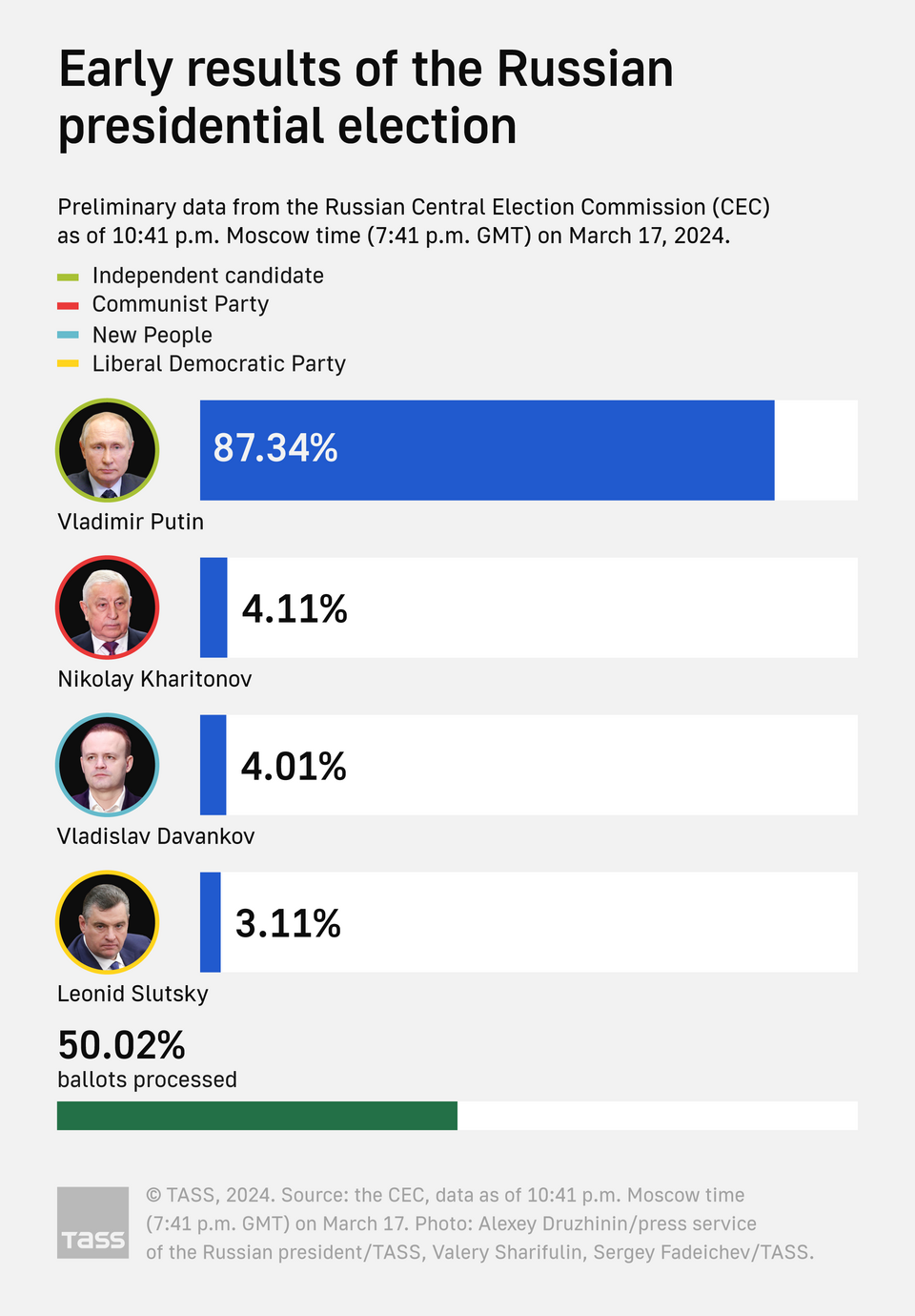
Preliminary results of the 2024 Russian presidential election. Data from the Russian Central Election Commission (CEC). Graphics: TASS
“There is no doubt that Vladimir Putin is the winner. However, it is important for us that we were able to present our platform to the people,” Mr. Davankov said.
According to TASS, Mr. Davankov also thanked everyone who voted for him. He added: “I have definitely never received so many messages on social networks and Telegram.”
Winning this election, Mr. Putin, 71 years old, will continue to lead Russia for the next 6 years, until 2030. Accordingly, Mr. Putin will surpass Soviet leader Josef Stalin to become the longest-serving leader in Russia in more than 200 years.
The Russian presidential election comes more than two years after Mr Putin launched a “special military operation” in Ukraine.
The war has cast a shadow over the three-day election, with Ukraine repeatedly attacking oil refineries deep inside Russia, shelling areas bordering Russia and attempting to breach the Russian border with proxy forces - a move Mr Putin has said will inevitably be punished.
The Russian election also comes at a time that Western intelligence chiefs see as a crossroads for Ukraine and the broader West.
Support for Kiev is stalled due to internal political problems in the US, ahead of the US presidential election in November, where incumbent US President Joe Biden will face off against his predecessor Donald Trump .
Minh Duc (According to TASS, Reuters)
Source



![[Photo] Readers line up to visit the photo exhibition and receive a special publication commemorating the 135th birthday of President Ho Chi Minh at Nhan Dan Newspaper](https://vphoto.vietnam.vn/thumb/1200x675/vietnam/resource/IMAGE/2025/5/17/85b3197fc6bd43e6a9ee4db15101005b)
![[Photo] Prime Minister Pham Minh Chinh chairs meeting on science and technology development](https://vphoto.vietnam.vn/thumb/1200x675/vietnam/resource/IMAGE/2025/5/17/ae80dd74c384439789b12013c738a045)
![[Photo] More than 17,000 candidates participate in the 2025 SPT Competency Assessment Test of Hanoi National University of Education](https://vphoto.vietnam.vn/thumb/1200x675/vietnam/resource/IMAGE/2025/5/17/e538d9a1636c407cbb211b314e6303fd)




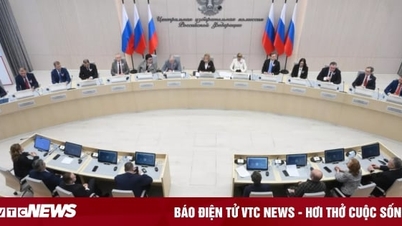


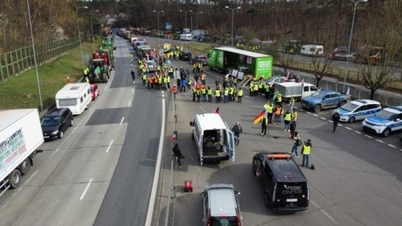
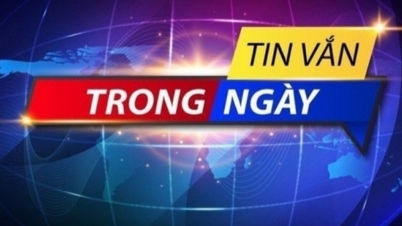
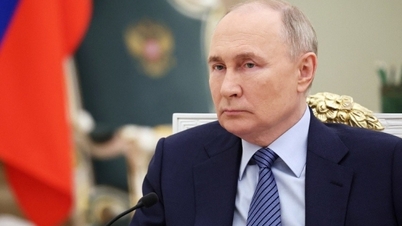

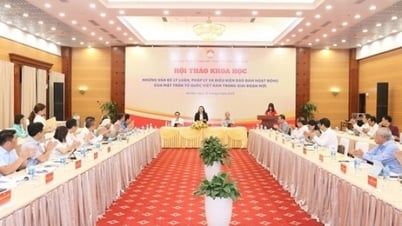

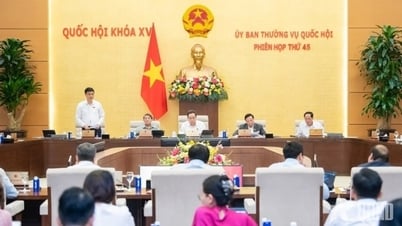
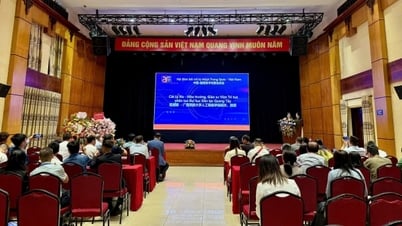
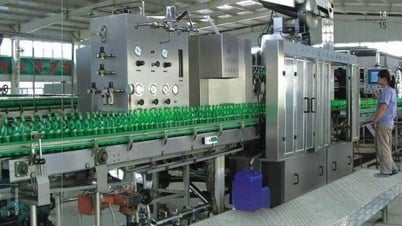













![[Photo] Nearly 3,000 students moved by stories about soldiers](https://vphoto.vietnam.vn/thumb/1200x675/vietnam/resource/IMAGE/2025/5/17/21da57c8241e42438b423eaa37215e0e)



















































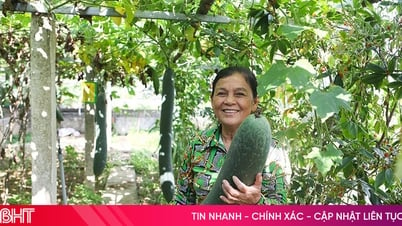
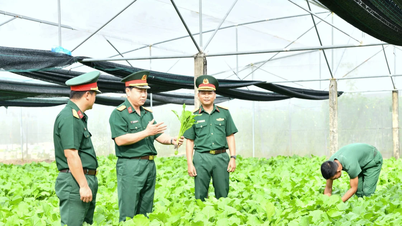


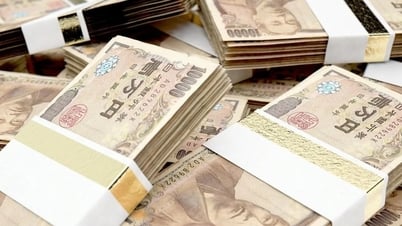

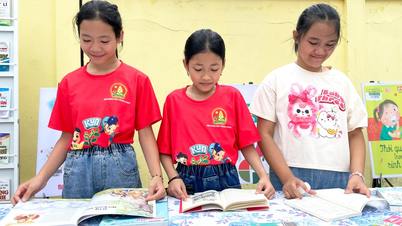












Comment (0)